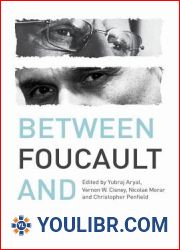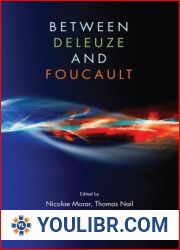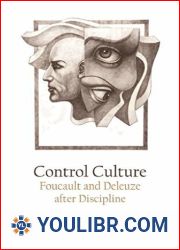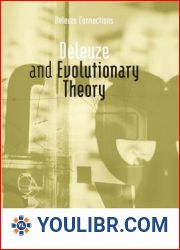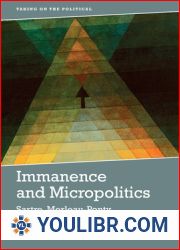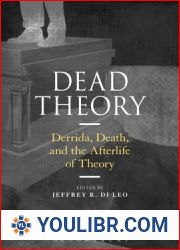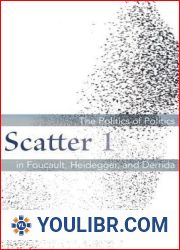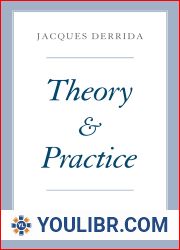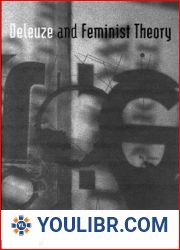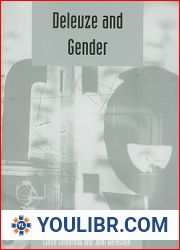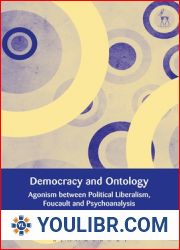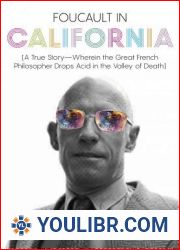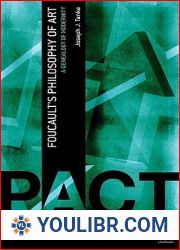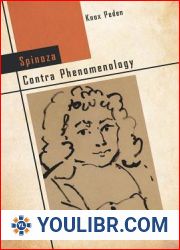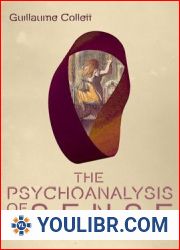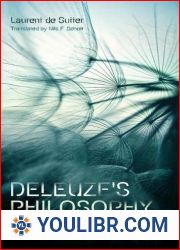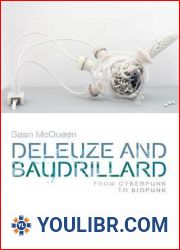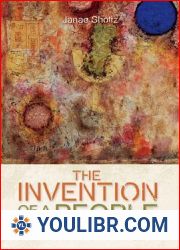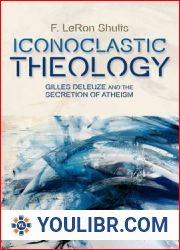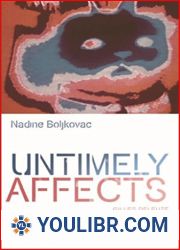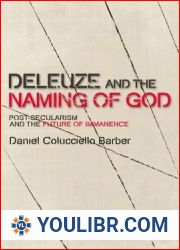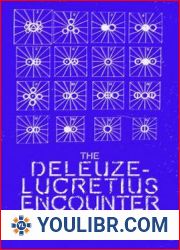
BOOKS - French Theory: How Foucault, Derrida, Deleuze, and co. Transformed the Intell...

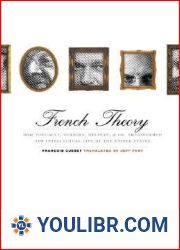
US $8.52

834535

834535
French Theory: How Foucault, Derrida, Deleuze, and co. Transformed the Intellectual Life of the United States
Author: Francois Cusset
Year: January 1, 2003
Format: PDF
File size: PDF 408 MB
Language: English
Year: January 1, 2003
Format: PDF
File size: PDF 408 MB
Language: English
"In such a difficult genre, full of traps and obstacles, French Theory is a success and a remarkable book in every respect: it is fair, balanced, and informed. I am sure this book will become the reference on both sides of the Atlantic." - Jacques DerridaDuring the last three decades of the twentieth century, a disparate group of radical French thinkers achieved an improbable level of influence and fame in the United States. Compared by at least one journalist to the British rock 'n' roll invasion, the arrival of works by Michel Foucault, Jacques Derrida, Jean-Francois Lyotard, Jean Baudrillard, Gilles Deleuze, and Felix Guattari on American shores in the late 1970s and 1980s caused a sensation.Outside the academy, 'French theory' had a profound impact on the era's emerging identity politics while also becoming, in the 1980s, the target of right-wing propagandists. At the same time in academic departments across the country, their poststructuralist form of radical suspicion transformed disciplines from literature to anthropology to architecture. By the 1990s, French theory was woven deeply into America's cultural and intellectual fabric.French Theory is the first comprehensive account of the American fortunes of these unlikely philosophical celebrities. Francois Cusset looks at why America proved to be such fertile ground for French theory, how such demanding writings could become so widely influential, and the peculiarly American readings of these works. Reveling in the gossipy history, Cusset also provides a lively exploration of the many provocative critical practices inspired by French theory. Ultimately, he dares to shine a bright light on the exultation of these thinkers to assess the relevance of critical theory to social and political activism today-showing, finally, how French theory has become inextricably bound with American life.








